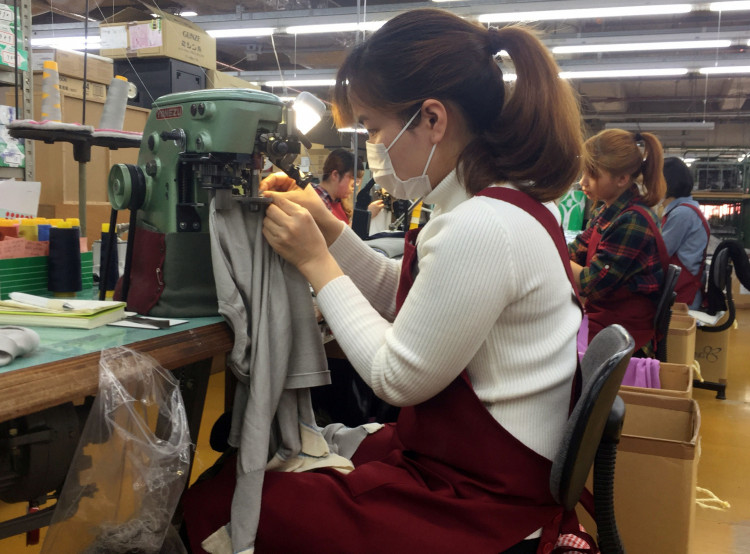Vietnamese Prime Minister Nguyen Xuan Phuc called for reforms in a number of industries, noting that weaker export activities and failure of manufacturing and processing sectors to expand play a major role in the economy's slower gross domestic product (GDP) growth rate.
According to Viet Nam News, Nguyen said on Thursday that bearish forecasts on the country's economic growth for this year and the next are partly due to obstacles that hamper development in business activities.
Nguyen said the major issues that Vietnam is faced with lie within the manufacturing and processing sectors wherein expansion has been slowing down over the past couple of years. He also said commodity exports in some of the country's most exported products have dropped.
Furthermore, Vietnam has experienced loopholes in the disbursement of public investment capital in some of the government's biggest projects and African swine fever and other animal diseases have become stumbling blocks in the animal growing sector.
To address the issues, Nguyen called on state-owned institutions and government agencies to work on programs that will enhance efficiency in affected sectors. He also unveiled Directive 09/CT-TTg, which listed potential solutions that Vietnamese firms and government arms should consider.
On Wednesday, the Asian Development Bank (ADB) forecasted that Vietnam's economy will grow by only 6.8 percent this year and 6.7 in 2020. According to Vietnam Plus, ADB Country Director for Vietnam, Eric Sidgwick, said the Asian country made significant growth in 2018 but a slowdown in exports and domestic demand will affect this trend.
Last week, multiple outlets reported that the slowdown in Vietnam's economy was attributed to weaker global demand for smartphones. According to Reuters, the smartphone sector is Vietnam's largest export player but a decline over the past few years impacted the country.
"The global smartphone market has been witnessing a decline over the past few years, and like most other markets, Vietnam has been inevitably affected by this slowdown," an analyst at KTB Investment & Securities, Kim Yang-jae, said. Despite Samsung's billion-dollar investments in the country, the global crisis still put the economy on a rough spot.
Vietnam is one of Asia's most trade-reliant countries but with global trade disputes raging on, analysts are expecting to see the Vietnamese economy receive a beating this year. It was also predicted that the economy will not recover quickly for the next few quarters as the technology industry weakens further.
On the other hand, economic experts pointed out that if Vietnam enhances integration of private firms in global value chains (GVCs), there is a good chance it will overcome the odds and beat bearish expectations.






